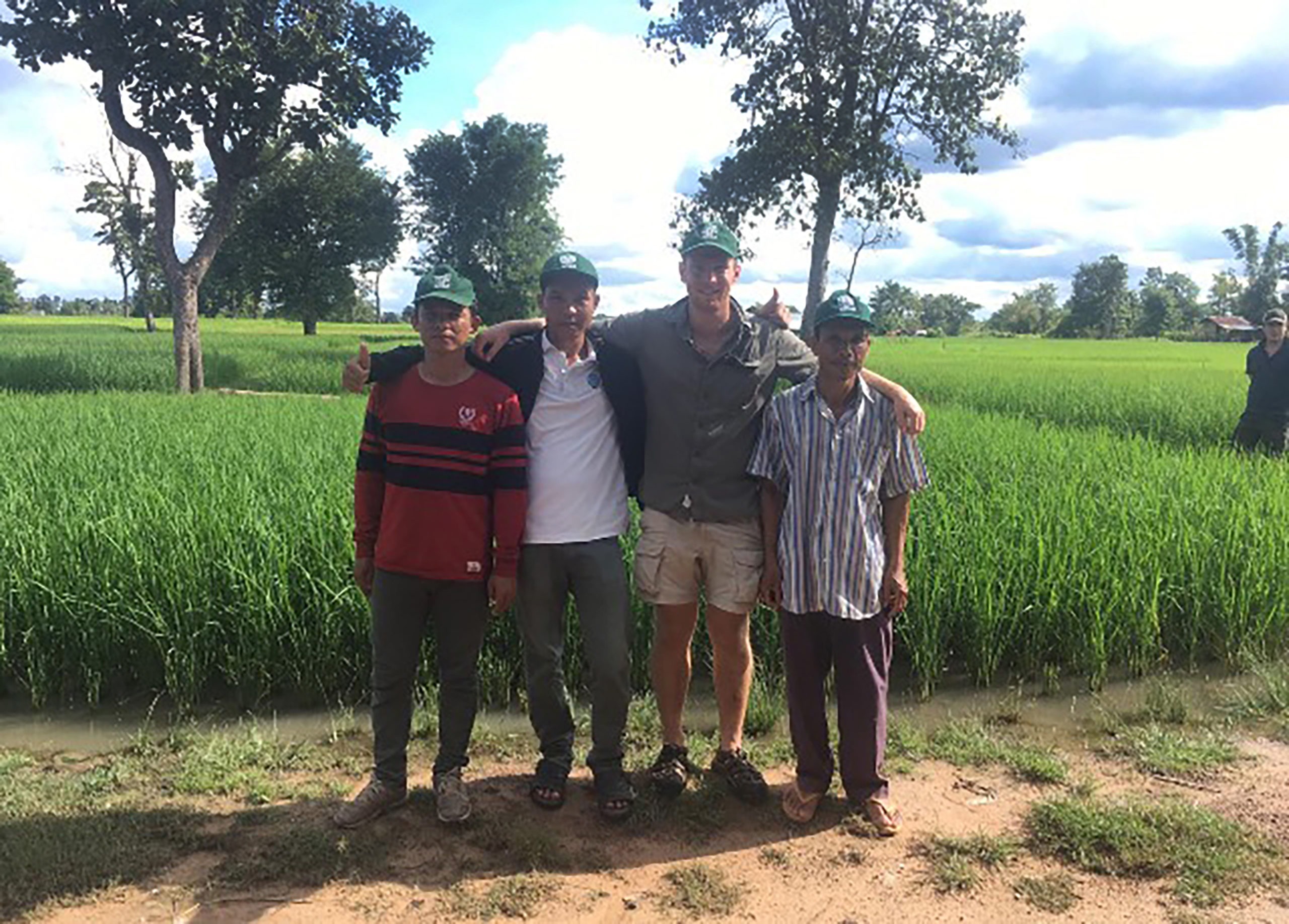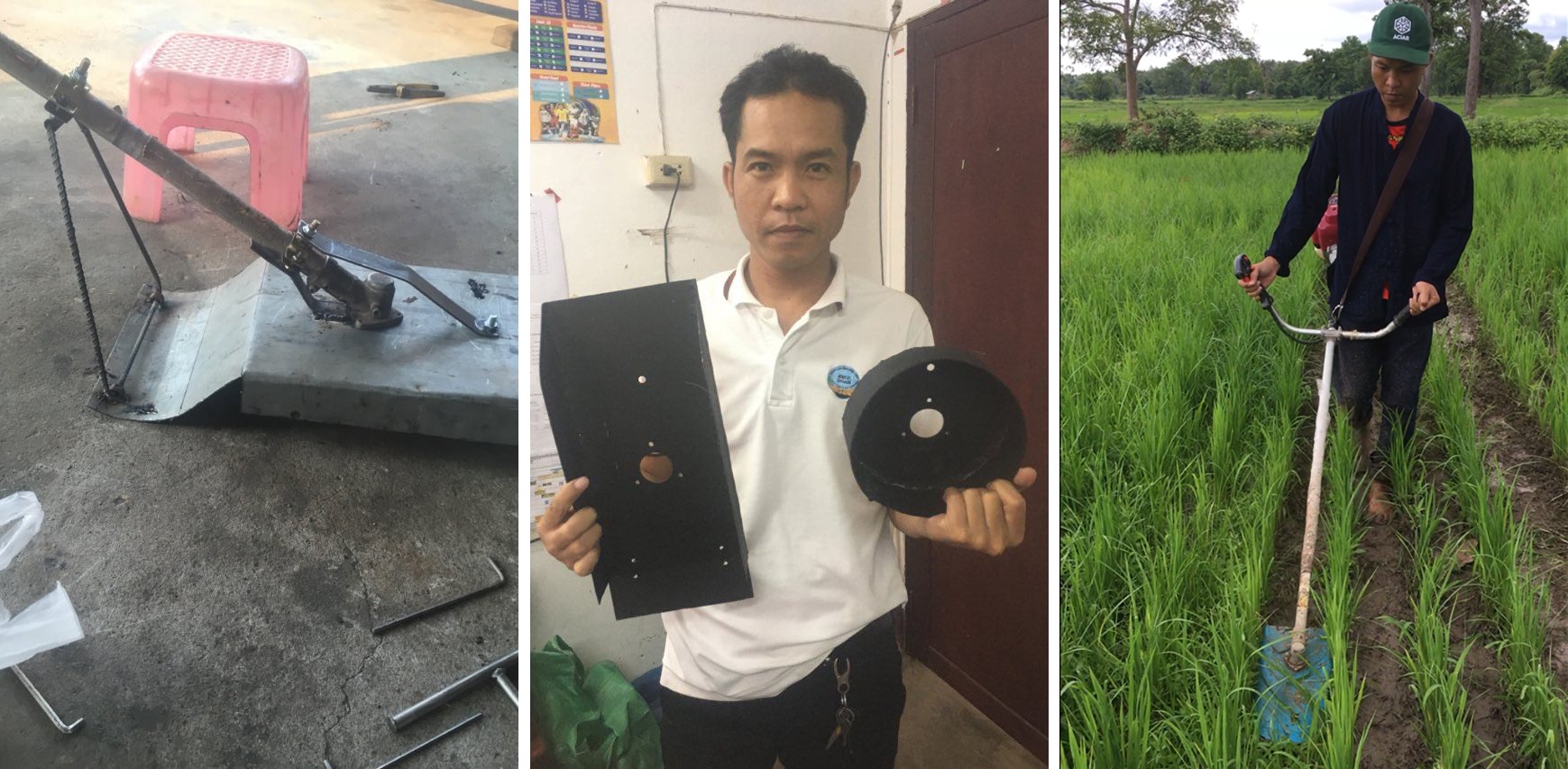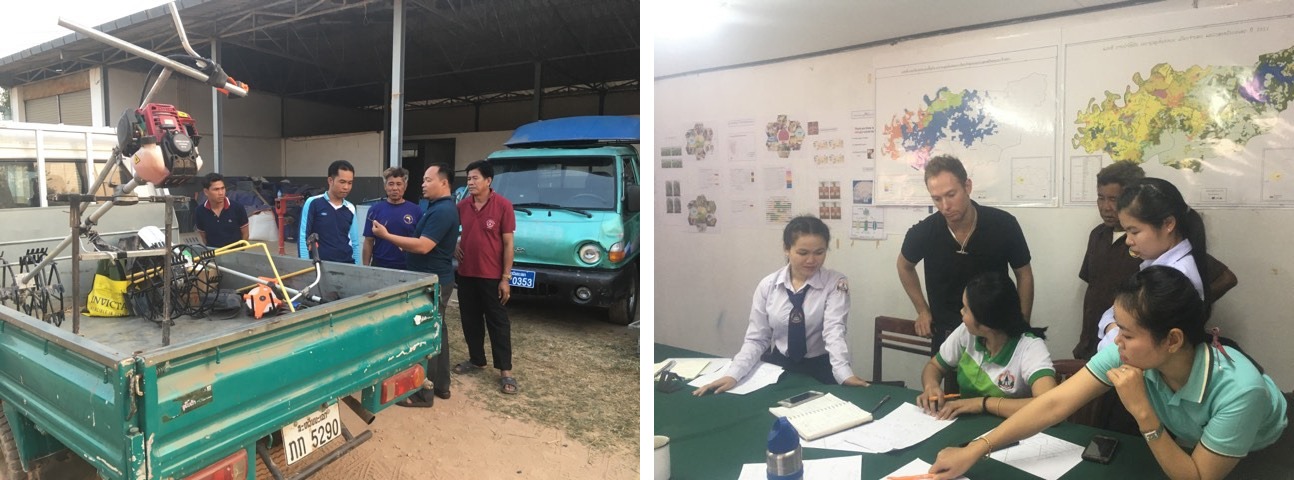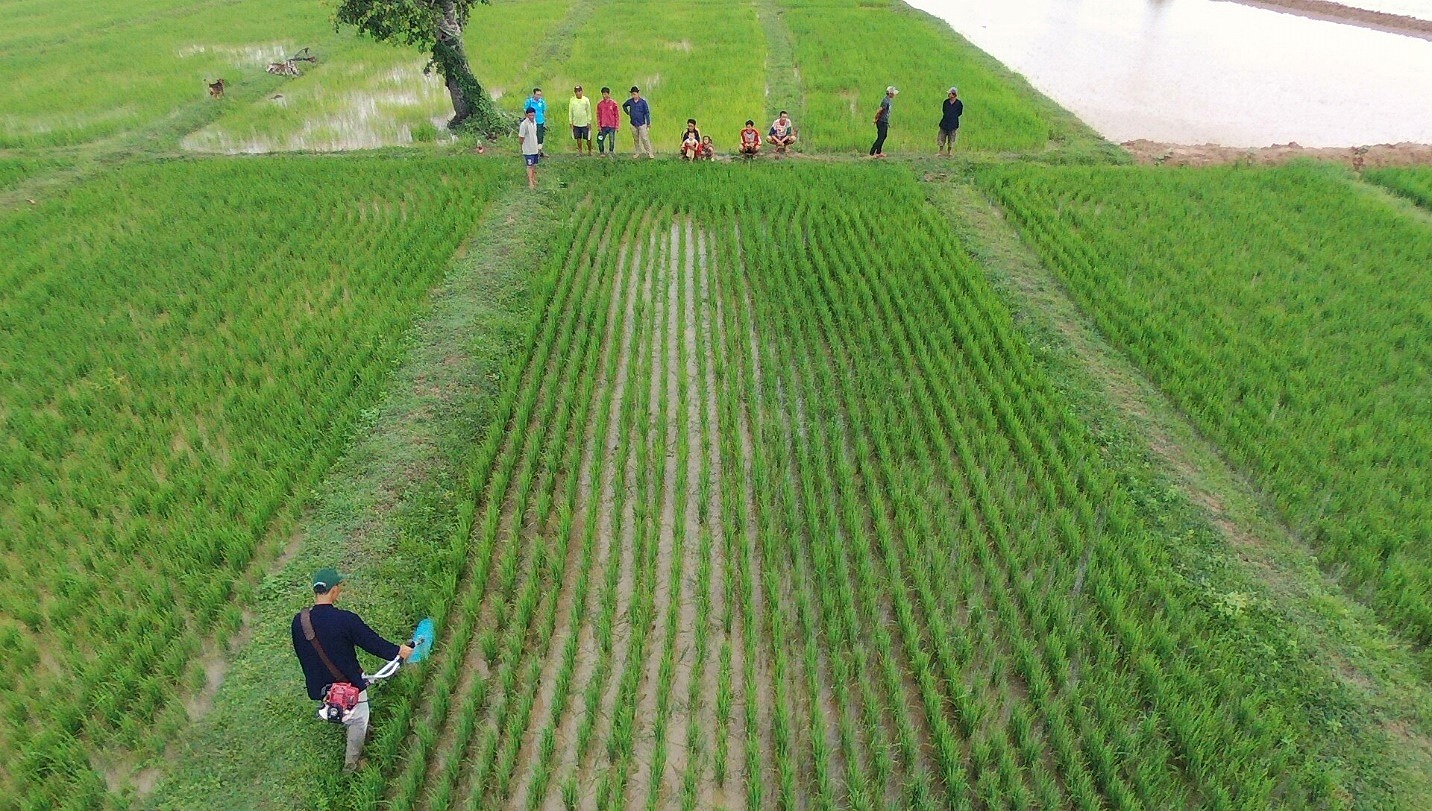

Lessons from Laos – saying yes!
April 21, 2020
For the last year, we have been reporting on the great work that has been underway from Savannakhet in Lao including volunteer Matt Champness, who was connected with our long-running mentoring program in Laos. He joined a string of over 30 wonderful, committed volunteers that have been involved over the more than 10+ year life of the project.
Matt is now back in Australia (like all volunteers supported by the Australian Volunteers Program) and has provided us with a report on all he’s achieved in his time in Laos. You can read a great report “Lessons from Laos” from Matt on the website of Researchers in Agriculture for International Development Network.

Matt starts his report with:
“I found myself in Laos the same way I find myself in many situations – throwing myself into the most daunting and challenging option available because saying “yes” to the opportunity of being a ‘weeds management advisor in Laos’ is easier than justifying why not. Straight out of an Ag degree I admittedly knew very little about rice, weeds or where Laos was, but armed with enthusiasm, a can-do attitude and high calibre Crawford Fund mentor Deirdre Lemerle and Laos legend Leigh Vial I was set for an adventure.”
Matt worked mostly with our mentor Professor Deirdre Lemerle with capacity building around the rice-based farming systems of Savannakhet Province, part of a collaboration between farmers, Lao National, Provincial and District Governments, the Crawford Fund, the Australian Volunteers Program and the Australian Centre for International Agricultural Research (ACIAR).
Matt’s outputs were many and included a legacy of capacity building materials such as a weeds poster, brochure and powerpoint presentations, including some in Lao language. He was also involved in planning two farmer field days and produced videos for the ACIAR project.
Something else he’ll be leaving behind is ‘Crawford Cutter’ tools – his labour-saving inventions to help with cutting the weeds in the rice to increase yield, based on whipper snippers but adjusted for rice fields.

Matt made a particular effort around collaborating with many Australian, Laos and international partners while undertaking demonstrations and trials of weed control and attending feedback sessions across multiple villages in many districts.
But it wasn’t all about rice. In his spare time he taught English at the local bank, got involved in field trips on other ACIAR projects and won scholarships to address or attend events back in Australia and overseas.
“I think we can look back and feel very satisfied that it was a year well spent for both professional and personal development for all of us in Australia and Lao,” said Deirdre, who managed a three week visit to Laos before the COVID-19 travel bans were implemented.
“Matt’s value-add-add to the ACIAR project, lead by Leigh Vial, was fantastic; especially in his development of enduring relationships and partnerships with a broad range of stakeholders including farmers, advisers, admin people and mentors, and in developing and demonstrating possible solutions to intractable weed problems,” she said.

And what does the future hold for Matt?
“My year in Laos not only gave me a taste of international development, it gave me the opportunity to slow down and reflect on the impact I wish to have – improving small holder farmer livelihoods and ensuring food security for all. To get there – heading down the dreaded PhD track, I said I like a challenge and a sucker for punishment.”
And we wish Matt all the best with his upcoming PhD.

While the current disruption due to COVID19 means that Australian volunteers have all been repatriated to Australia, the Fund plans to continue with our work in Laos and look forward to engaging with more young Australians as soon as it’s safe to do so.
The two other volunteers in Laos, Stephen Lang and Jillian Lyall, will also be writing of their experiences, once they get used to being back in Australia.




 0
0